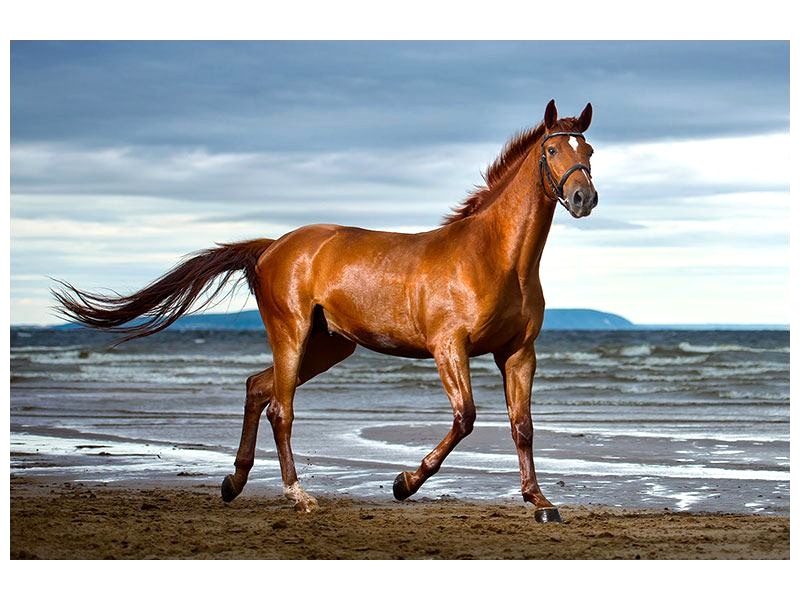Have you ever been around a horse and heard them snort or puff up their nostrils? It’s an interesting behavior that many horse owners may wonder about. While it might seem like an odd thing for a horse to do, snorting is actually a very common behavior that can tell us a lot about the horse’s emotional state. In this article, we’ll take a look at what it means when a horse snorts, and why it’s important to pay attention to this behavior.
What is Snorting?
Snorting is a sound made by horses when they exhale air forcefully through their nostrils. It is often accompanied by a puffing up of the horse’s nostrils and a slight head shake. This behavior can be seen in both domestic and wild horses, so it is not something that has been learned by domesticated horses.
Why Do Horses Snort?
There are a few different reasons why a horse might snort, but the most common is to express excitement or fear. Horses can also snort when they are feeling anxious or when they are trying to get their owner’s attention. The sound is often a way for a horse to communicate with its environment and can be used as a way to show dominance or submission.
Is Snorting a Sign of Aggression?
Snorting can sometimes be a sign of aggression, but it is not always the case. If a horse is snorting and puffing up its nostrils while also kicking out with its feet and ears laid flat, then it is likely that it is feeling aggressive. However, if a horse is snorting but not displaying any other signs of aggression, then it is likely that it is feeling excited or fearful.
Snorting as a Sign of Stress
Snorting can also be a sign of stress in horses, especially if it is accompanied by other behaviors such as head tossing, pawing the ground, or pacing. This is because snorting is often a horse’s way of trying to release some of the built-up energy that it is feeling. If a horse is feeling particularly stressed, then it may snort more often than normal.
Is Snorting Dangerous?
Snorting is usually not dangerous, but it can be if a horse is feeling particularly aggressive or stressed. If a horse is snorting while also displaying other signs of aggression, then it is important to be aware of the potential danger. If a horse is snorting while pacing or head tossing, then it is important to take safety precautions and avoid getting too close.
Can Snorting Be Controlled?
Snorting is something that horses do naturally and cannot usually be controlled. However, there are some methods that can be used to help a horse manage its stress levels and reduce the amount of snorting that it does. For example, introducing calming activities such as grooming or long, slow walks can help a horse to relax and release some of the built-up energy that it is feeling.
Snorting as an Expression of Affection
Snorting can also be an expression of affection from a horse. Horses may snort when they are being greeted by their owners or when they are being offered treats. This is a way for horses to show their appreciation and is often accompanied by other signs of affection such as nuzzling or licking.
How to Read a Horse’s Snorts
The best way to understand what a horse’s snorts mean is to pay attention to their body language. If a horse is snorting and puffing up its nostrils while also displaying other signs of aggression or fear, then it is important to take safety precautions and avoid getting too close. If a horse is snorting while displaying signs of relaxation and affection, then it is likely that it is feeling content and happy.
Conclusion
Snorting is a very common behavior among horses and can tell us a lot about a horse’s emotional state. It can be a sign of aggression, stress, or even affection, so it is important to pay attention to the horse’s body language in order to understand what its snorts mean. By understanding the different meanings behind a horse’s snorting, horse owners can better care for their horses and create a safe and happy environment for them.

